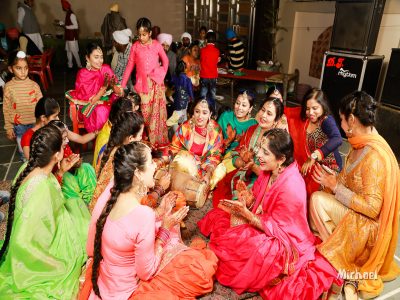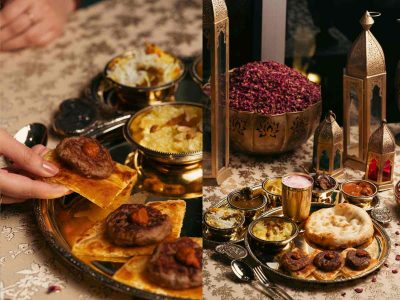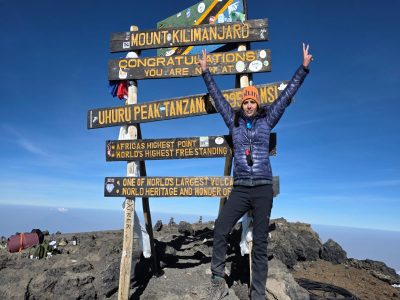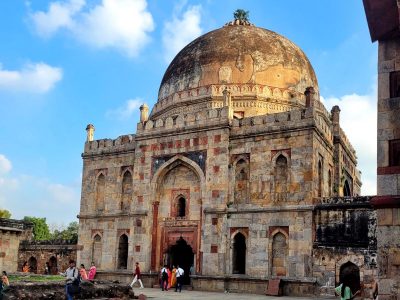How much is too much treatment? Sometimes you have to decide for yourself, based on what you’ve read or the experiences of other patients
More people are killed by chemotherapy than by cancer, says a recent news report. Well, it may be a typical media simplification of a carefully worded scientific report. But it is a potent warning signal that cancer patients should not blindly go for chemotherapy just because their doctors recommend it. They should understand that doctors practising in hospitals have to follow a protocol laid down by their corporate group and if they do not recommend chemo, they could be held liable for a patient’s death. It is up to the patient to have ‘refused chemotherapy’ written on their report, just as they risk getting an adverse remark like ‘irregular followup’, if they don’t stick to the schedule given for visits to the doctor.
My own experience is very much a case in point. Thirteen years back, I refused chemo after undergoing surgery and radiation. The surgery removed the offending lump, and radiation was directed at the ‘bed of the tumour’, that is, it was localised treatment. Chemotherapy kills off all red blood cells in the body, in the hope of killing off any cancerous cells that might be circulating. The side-effects, as is well known, include nausea and hair falling off, but doctors assure you that not all patients feel nauseous, and the hair comes back better and glossier.
This last effect was a much desired one, since my hair is nothing to write home about. Still, I was not convinced that I needed chemotherapy. For one, my malignancy had been discovered at an early stage, and I felt that 25 doses of radiation were quite enough for my body to bear, including extreme heat in the body for months afterwards, general weakness and hyperthyroidism. I also did not agree (based on my own reading on the subject) that it would be a few bad cells circulating in my blood stream that could bring back the cancer. Since I had inherited breast cancer, I was sure that it was caused by a genetic tendency that was an integral part of my biochemistry. And it could come back to haunt me – whether I took chemotherapy or not.
Besides, if I got all the side-effects, I would have to stop work at a time I was the sole breadwinner. Well-meaning friends said I must have a woman who would look after me 24 hours, but there was no such person available. All in all, I thought I would take a risk and if I got eight years more, my son would be grown up by then and start looking after the family.
My oncologist was a gentle soul who at every checkup chided me about my decision not to take chemotherapy and also for not taking some test which would determine what kind of hormone replacement therapy (HRT) I should undertake. In my opinion, the latter was unnecessary and had not been proven conclusively to be useful.
I decided, like so many people in the West, to go for alternative treatment, which originates in Ayurveda. Wheat grass juice is supposed to be a substitute for the chemotherapy drug. A supplier would bring me bundles of wheat grass to keep in the fridge. Every morning and night, I would pound them by hand to extract the juice (mixer-grinders are not recommended). I also drank two tall glasses of juice per day. After four months of this regime, I stopped of my own accord. The only change in diet was the giving up of red meat (not a big deal) and substituting dairy milk with soya milk. Soya milk is not available at all departmental stores so after a year I just gave up milk.
Being so opinionated about lines of medical treatment might seem foolish from one who did not even study science in high school or college. But after multiple visits to hospitals, I felt Indians are a bit too much in awe of doctors, believing them to be no less than gods. Having encountered them at close quarters over eight surgeries, I believe they are just professionals, no better or worse than other professionals like lawyers or journalists. Medical studies over seven-odd years don’t seem to teach them as much as they learn on the job, just like it is with the media. You have to judge each doctor by your gut feel and his reputation, never mind the fame of the particular hospital. On top of that, medicine doesn’t seem to be much of a science, judging by the way one doctor always, always contradicts the other’s point of view.
My scepticism started 30 years back when an accident led to skin gangrene. I was in a government hospital. After the surgery to scrape off the offending skin and transplant some healthy skin from my thigh, two groups of doctors would argue over my live body whether the wound should be left open or bandaged. They also argued endlessly (for weeks) whether my fracture should be fixed with a rod or a plate; the issue was settled only in the operation theatre. The other day I overheard a patient grumbling that doctors could not agree whether his wound should be left open or bandaged — so medical ‘science’ has not yet solved this mystery.
Five years after my cancer treatment, I went for followup to a new breast cancer specialist, as I couldn’t face the gentle admonishments of my old one. This doctor, newly returned from practising in the UK, was astonished by my medical reports which stated clearly that I had refused chemotherapy and on top of that was irregular about checkups. However, when he realised that I had survived seven years without it, he calmed down and admitted, “We still don’t understand much about cancer. If you had taken the treatment, you would have been clean for only five years.” After that, I would again be at risk.
Now it’s been 13 years, and since I’m not a believer in God (the omniscient as well as white-coat types) it couldn’t have been prayers that saw me through. It couldn’t have been the power of positive thinking, as I indulge more in pessimism than optimism. It could just have been luck, or the universe conspiring against my death wish. All I know is, though I have a high threshold for bearing pain, nobody had to suffer the trauma of seeing me bald, nor was I languishing half-dead in bed after a dose of chemo. I was instead attending office even when I had to go for radiation in the middle of the day, and my son never got to know for years that what I suffered from was cancer, not an accident with the car.
As for the news that chemo kills more patients than cancer, that’s just an exaggeration. If diagnostic tests show that the cancer has spread, chemotherapy might even be the first line of treatment. It would be useful, then, to kill off all red blood cells. The truth is that the treatment for cancer is rough, experimental and certainly has a devastating effect on your body – till you slowly recover your normal strength. So go for it if you have enough people to care for you. And if you really have those 100 things to do before you die.





